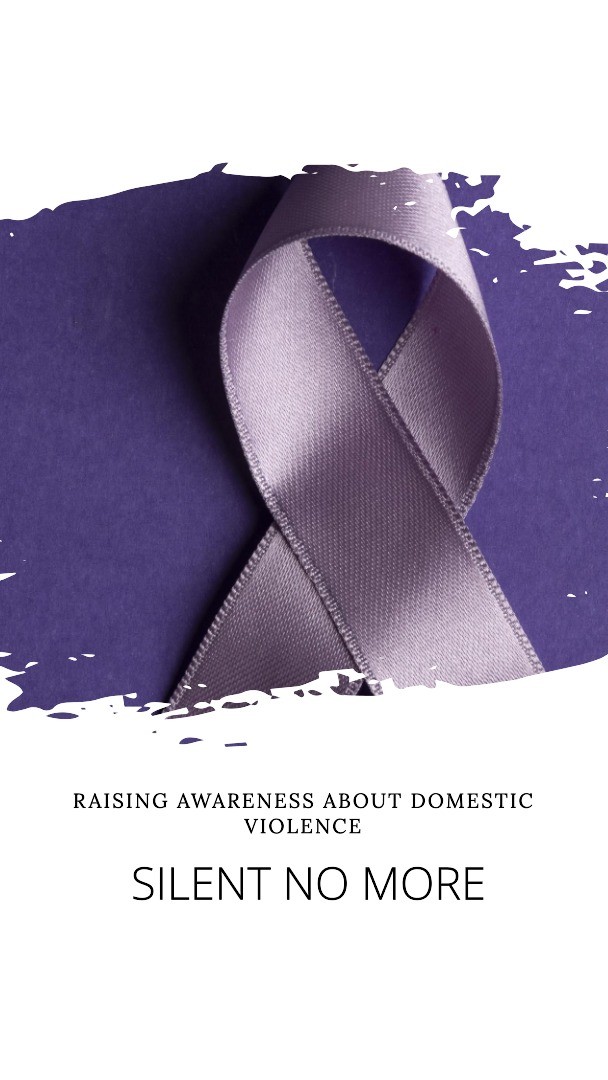Introduction
Domestic violence cases are complex and emotionally charged, requiring a nuanced approach to legal defense. In the state of New Jersey, individuals accused of domestic violence turn to experienced attorneys to navigate the legal landscape and safeguard their rights. This article explores the crucial role of a New Jersey Domestic Violence Defense Lawyer, shedding light on their responsibilities, strategies, and the importance of a fair legal process.
Understanding Domestic Violence Laws in New Jersey
New Jersey has stringent laws in place to address domestic violence, aiming to protect victims and hold offenders accountable. The Prevention of Domestic Violence Act outlines various offenses, including assault, harassment, and restraining order violations. A skilled defense lawyer in this field possesses in-depth knowledge of these statutes and understands the nuances of domestic violence cases.
The Role of a Domestic Violence Defense Lawyer
1. Legal Expertise:
A proficient New Jersey Domestic Violence Defense Lawyer is well-versed in state laws and precedents, enabling them to craft a robust defense strategy tailored to the specifics of each case. They analyze the evidence, scrutinize police reports, and identify any procedural errors that could impact the outcome.
2. Client Advocacy:
Advocacy is a cornerstone of the defense lawyer's role. They serve as a voice for their clients, ensuring that their perspective is accurately represented in court. By building a strong attorney-client relationship, defense lawyers gain a comprehensive understanding of the situation and can present a compelling case on behalf of the accused.
3. Evidence Evaluation:
Defense lawyers meticulously examine the evidence against their clients. This includes witness statements, medical records, and any available surveillance footage. Identifying weaknesses in the prosecution's case is crucial for mounting an effective defense and challenging the credibility of the evidence presented.
4. Negotiation Skills:
In many instances, domestic violence cases can be resolved through negotiation. A skilled defense lawyer engages in dialogue with the prosecution, seeking to reduce charges or penalties. They may explore alternative resolutions, such as anger management classes or counseling, to achieve a more favorable outcome for their client.
5. Courtroom Representation:
During court proceedings, a defense lawyer serves as the primary advocate for the accused. They present legal arguments, cross-examine witnesses, and challenge the prosecution's case. A confident and skilled courtroom presence is essential for ensuring that the defense's perspective is effectively communicated.
Importance of a Fair Legal Process
Ensuring a fair legal process is paramount in domestic violence cases. The accused are entitled to due process and a defense that scrutinizes the evidence against them. A New Jersey Domestic Violence Defense Lawyer plays a crucial role in upholding these principles, safeguarding the constitutional rights of their clients and contributing to the integrity of the justice system.
Conclusion
Facing allegations of domestic violence is a daunting experience, and securing the services of a qualified defense lawyer is essential for a fair and thorough legal process. The role of a New Jersey Domestic Violence Defense Lawyer extends beyond legal expertise; it involves advocacy, strategic defense planning, and a commitment to upholding the rights of the accused. By understanding the complexities of domestic violence cases and navigating the legal challenges, these defense lawyers play a vital role in achieving justice and ensuring a balanced legal outcome.








